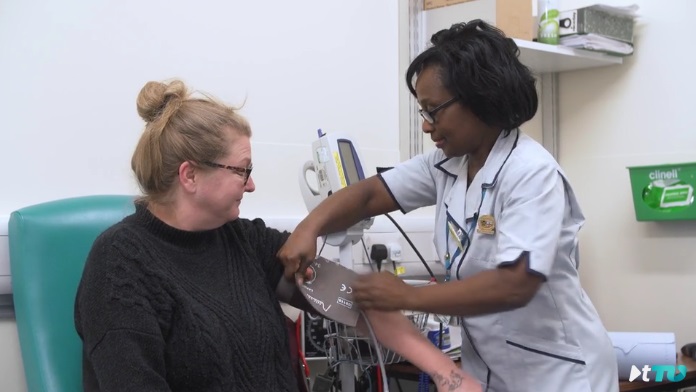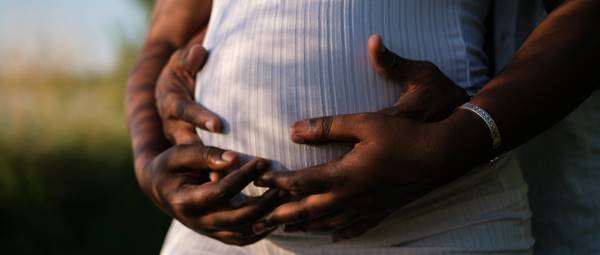Kidney donor health considerations
For some people, the risks associated with donating a kidney are higher than average.
The information below provides some general guidance, but please discuss with your living donor coordinator as every person is assessed individually.
Remember you are entitled to a second opinion from another centre and you can ask to be referred for this if you wish.
High blood pressure (hypertension)
Many potential donors with high blood pressure can still donate but require extra tests to make sure that high blood pressure has not affected them in any way, including looking at their kidneys, heart and the vessels at the back of the eye. If there is evidence of any damage, they will be advised not to proceed.
Sometimes the transplant team will ask the donor to take medication before and after kidney donation, to keep their blood pressure at an acceptable level. It is important to have blood pressure monitored regularly (at least once a year) after donation, so treatment can be started early if your care team find you are developing high blood pressure.

Diabetes
Donors who are more at risk of developing diabetes (family history, diabetes in pregnancy, obesity or certain ethnicities) will require further tests to assess the risk of developing diabetes. If a potential donor has diabetes, a thorough assessment is performed to predict the risk of heart and kidney disease in the future.
Obesity
Potential donors who are obese (very overweight) have an increased risk of surgical complications and obesity may affect the remaining kidney function in the long term. Overweight people require more tests than those of a healthy weight and may be asked to lose weight prior to donation and/or may not be accepted for donation.
Cancer
A history of certain types of cancer such as lung cancer, advanced breast cancer and malignant melanoma or active cancer mean that you would not be able to be a living kidney donor. With other types of cancer, it may be possible to donate after a period of time, with further testing and detailed assessment. The person receiving your kidney may also need to be made aware if there are any extra risks for them.
Age
There is no upper age limit for being a living kidney donor but, the older we get the more likely there is to be ‘wear and tear’.
Older donors may require further tests to check heart, lung and kidney function and must be carefully assessed to ensure that the transplanted kidney will work well enough for the person receiving it as well as being safe for the donor.
Although the legal age for donation is 18 years (16 yrs in Scotland), it is important to think very carefully about donation from young people because they have more life years ahead of them and the risk of developing diseases that may affect the kidneys in later life must be thought about very carefully.
Provided that young people are carefully assessed and fully understand their individual risk, age alone should not prevent them being considered for donation.
Become a living kidney donor

Help promote living donation
Order or download a range of materials, including faith-specific leaflets.
Can’t find what you’re looking for?
For general enquiries
Email: enquiries@nhsbt.nhs.uk
Or call: 0300 123 23 23





